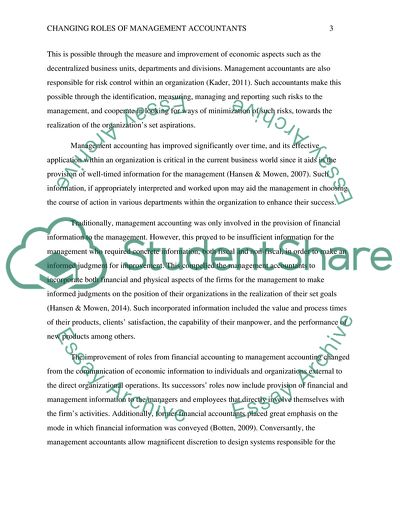Cite this document
(Critically appraise the changing role(s) of management accountants Essay - 1, n.d.)
Critically appraise the changing role(s) of management accountants Essay - 1. https://studentshare.org/finance-accounting/1813830-critically-appraise-the-changing-roles-of-management-accountants
Critically appraise the changing role(s) of management accountants Essay - 1. https://studentshare.org/finance-accounting/1813830-critically-appraise-the-changing-roles-of-management-accountants
(Critically Appraise the Changing role(s) of Management Accountants Essay - 1)
Critically Appraise the Changing role(s) of Management Accountants Essay - 1. https://studentshare.org/finance-accounting/1813830-critically-appraise-the-changing-roles-of-management-accountants.
Critically Appraise the Changing role(s) of Management Accountants Essay - 1. https://studentshare.org/finance-accounting/1813830-critically-appraise-the-changing-roles-of-management-accountants.
“Critically Appraise the Changing role(s) of Management Accountants Essay - 1”. https://studentshare.org/finance-accounting/1813830-critically-appraise-the-changing-roles-of-management-accountants.


